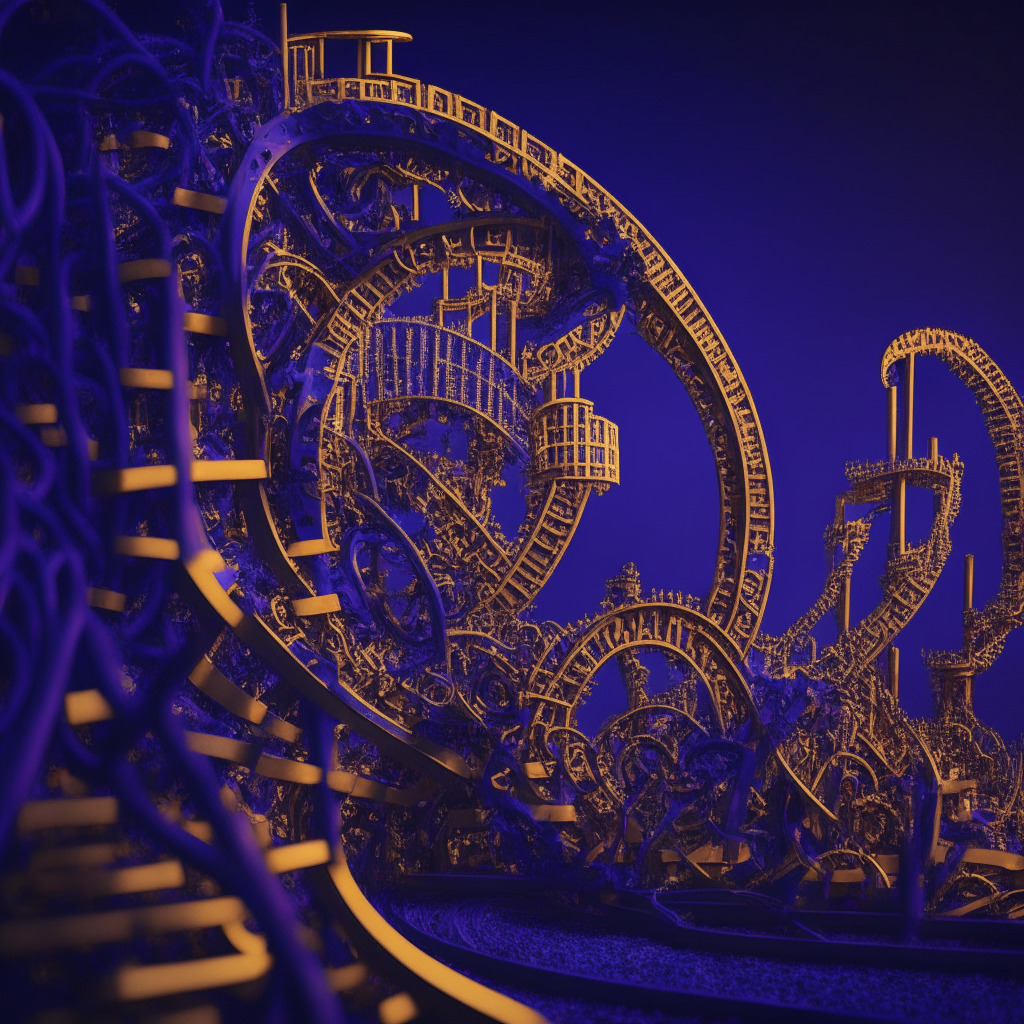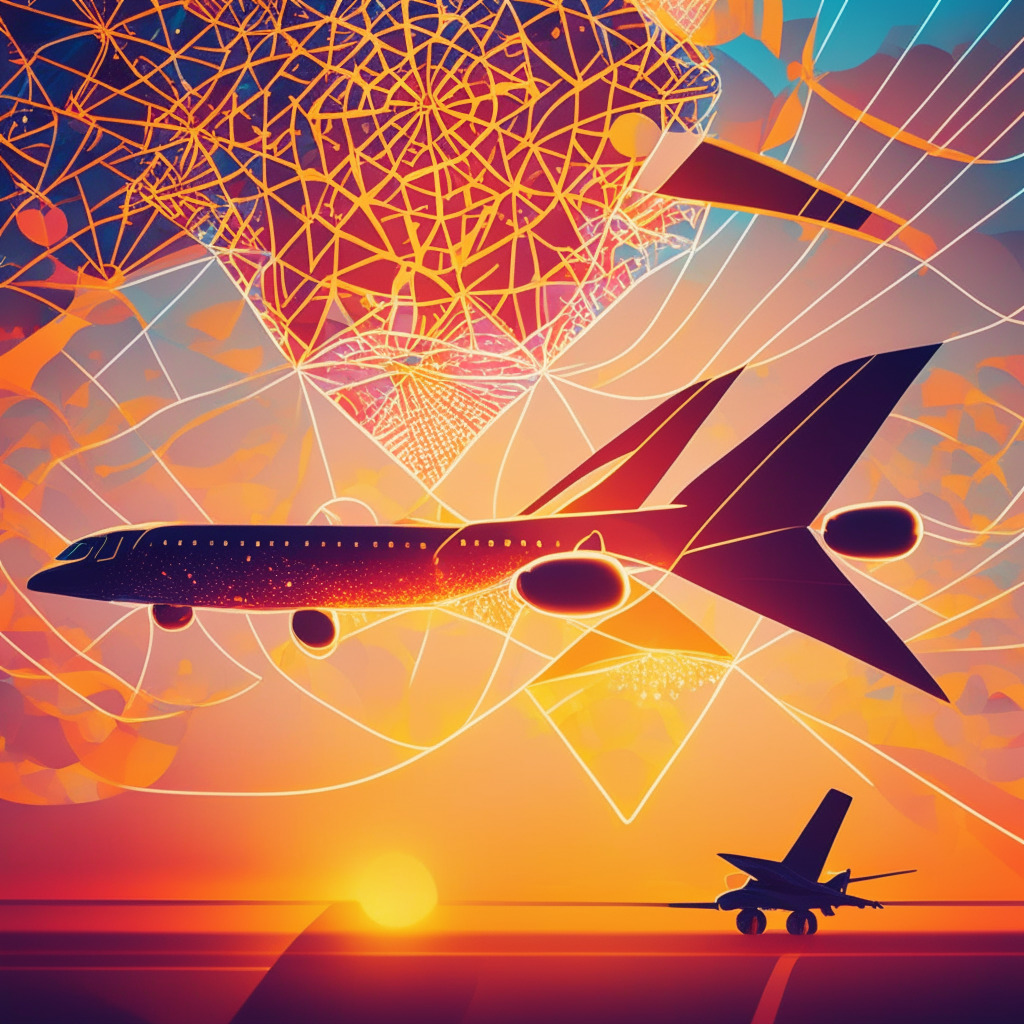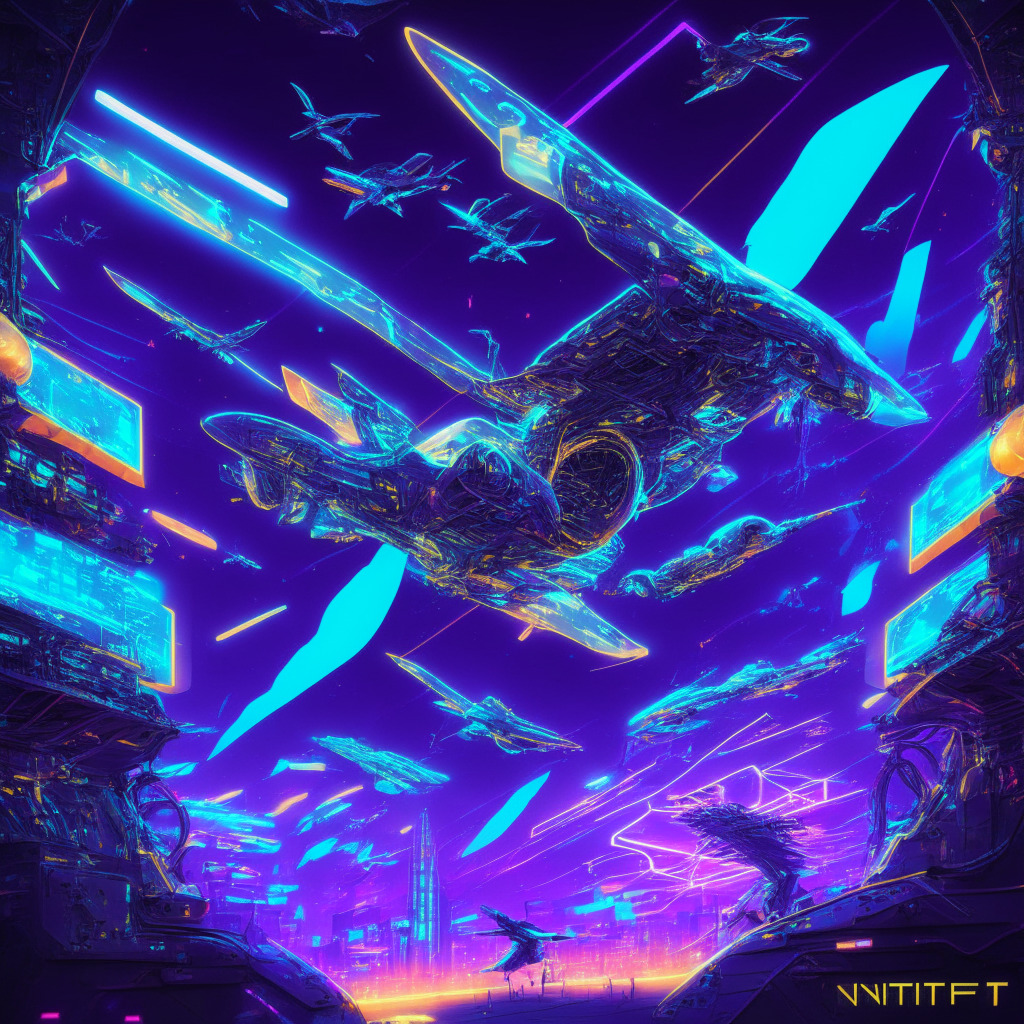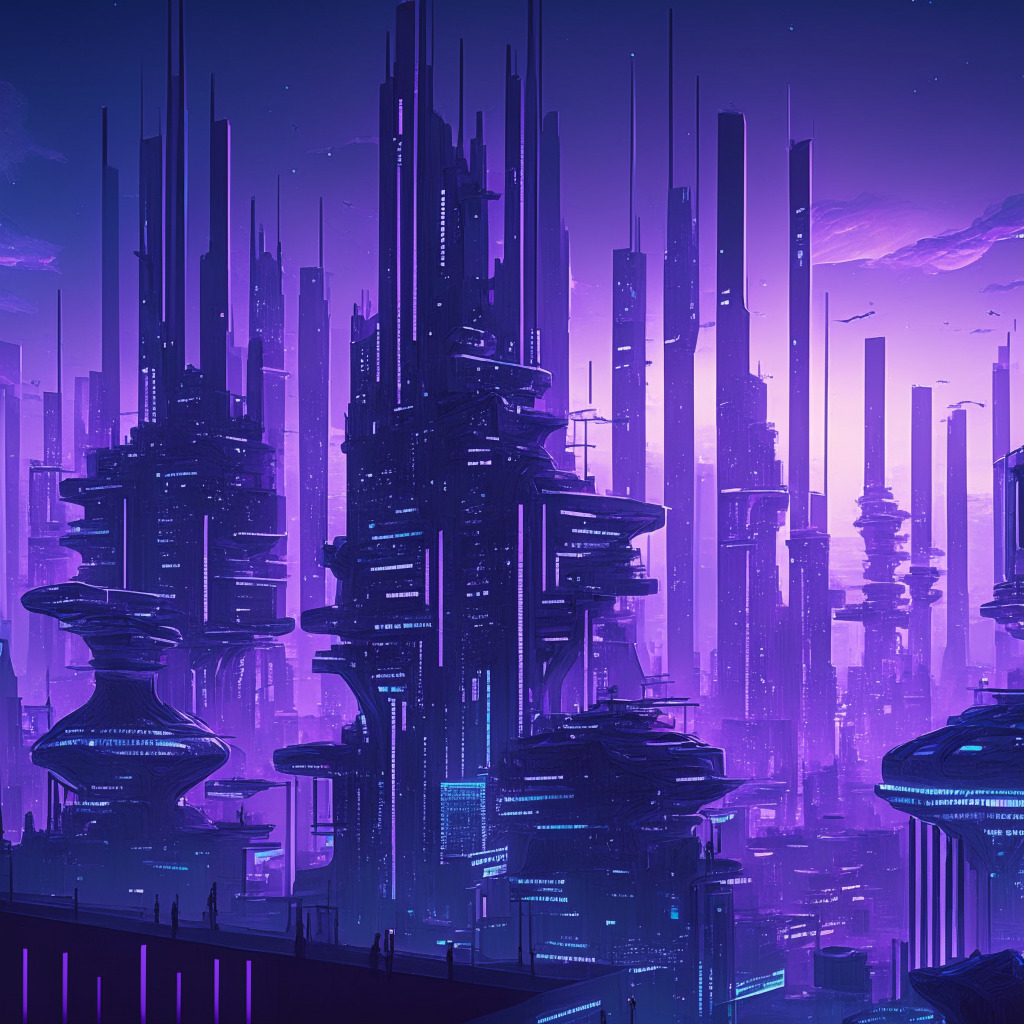Decentralized autonomous organizations (DAOs) are an evolving and oft-debated aspect of the burgeoning blockchain revolution. According to DeepDAO, DAOs today manage a staggering $17.2 billion in value. However, this broad experiment in decentralized governance has had its share of upheaval.
For instance, think back to the infamous collapse of Wonderland DAO, a Olympus fork. At its zenith, Wonderland boasted nearly $2 billion in value. However, its glittering success ended abruptly when its treasury manager, known by the pseudonym 0xSifu, was revealed to be none other than Michael Patryn, the notorious co-founder of the defunct crypto exchange QuadrigaCX and a convicted fraudster.
Then, consider the recent exploit of the Solana-based trading protocol Mango Markets. The DAO’s lax governance parameters were manipulated, leading to a disproportionate amount of the DAO’s MNGO tokens being acquired by attackers. In the end, Mango paid $47 million to the attacker-equivalent to a hefty ransom payment.
The DAO governance landscape is littered with numerous such failures. These instances underline the already apparent need for upgrades in DAO infrastructure and governance. However, navigating the challenges of balancing decentralization with efficient product-market fit is proving to be a formidable task. There are no universally accepted best practices for these organizations, and even when established, the methods for sharing these practices are far from streamlined.
The apathy of voters, perhaps, poses the greatest hurdle for DAO governance. As decentralized communities, the strength of DAOs lies in the participation of the tokenholders. However, the tedious process of voting and the lack of adequate knowledge hinder active participation from tokenholders. The introduction of DAO infrastructure tools like Senate and Goverland are steps towards addressing this issue. These tools aim to smoothly integrate DAO voting into single platforms.
Other innovative campaigns like JokeRace aim to infuse an element of fun into governance. This voting protocol explores the use of incentivized contests to delve deeper into governance. The goal is to incite engagement and transform governance from a duty to an exciting process. Simultaneously, the delegation of voting rights to trusted entities, a practice borrowed from real-world public governance, is driving attempts to improve DAO governance and curb low voter turnouts.
Yet, these mechanisms are only partial solutions. They also introduce new issues, such as the risk of voting devolving into a popularity contest or the possibility of behind-the-scenes quid pro quo deals.
Much like how traditional companies have to balance growth and operational decisions, DAOs face the challenge of evolving whilst upholding the principles of decentralization. In the quest for scalability, DAOs have toyed with the idea of centralizing some decision-making powers, leading to the creation of working groups or subDAOs. These structures closely mirror the organizational structures of modern capitalist firms. However, each shift in structure introduces other complexities and invites criticism.
As the DAO framework continues its evolution and experiments with novel structures to balance decentralized governance and operational efficiency, the blockchain community is closely watching. Regardless of the challenges faced by DAOs, the fact that they have brought the ideals of decentralization, transparency, and egalitarianism to the forefront of modern economic discourse demonstrates that the experiment is a worthy one. DAOs, perhaps more than any other form of organization, symbolize the transformative potential of the blockchain revolution.
Source: Cointelegraph




